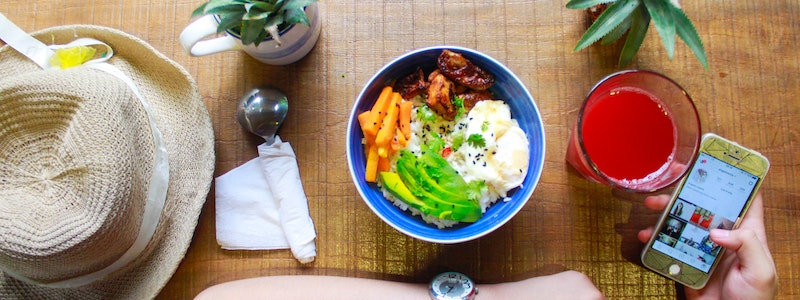
When making positive life changes, it’s crucial to make new habits and behaviours routine. Daily exercise, drinking more water, and getting better sleep are all beneficial behaviours that can increase our physical and mental health. But they must become routine to stick long-term.
Accepting we need to change our routine and behaviour is a significant first step. Understanding the new positive behaviours we need to adopt and putting this into action is another step toward better self-care. But the final hurdle where many fail is adopting these positive habits and behaviour to become part of your regular, long-term routine.
Here are five essential steps to making positive changes stick:
Be specific

We must define goals in concrete terms. When you decide on a lifestyle change you want to make part of your routine, it needs specific actions and plans,
- If you want to start going to the gym regularly, your goal shouldn’t be “go to the gym more,” or even “go to the gym three times per week,” it should be “go to the gym Mon, Wed, Fri, 6-7 pm.”
- If you want to drink more water, your goal should be “drink at least 2 litres of water per day; 1 litre by midday, 1 litre by 6 pm.”
- If you want to sleep better, it should be “no looking at your phone or blue light, 60 mins before bed, or until 30 mins after waking up”.
Specific actions clearly define what you need to do. It highlights when you are successful or when you are failing. If you fail, it allows you to adjust your actions and goals and build them up.
Linking to other habits

Linking new habits to existing ones helps them integrate into your routine much faster. Certain behaviours, such as cleaning your teeth, going to work, and eating dinner, are so routine you do them without thinking.
- If you want to start running and have a regular podcast you listen to, plan to run the day the podcast is released and only listen to it when running.
- If you want a better skincare routine, place the products next to your toothbrush and apply your creams every time you clean your teeth.
Linking your new behaviours to existing habits will soon normalise the activities.
Make it fun.

Lack of motivation is often the reason behind new habits not sticking. Look for ways to make your new habits fun. Add rewards for hitting targets.
- If you’re trying to eat healthily, make it a weekly event to go to a nice veggie restaurant with a friend.
- If you want to exercise more, join a sports team or find a partner to play regular competitive sports such as badminton or squash.
You must set things to look forward to for new behaviours to become long-term habits.
Add variety.

Habits rely on repeating a behaviour. If that behaviour becomes too monotonous and predictable, motivation soon fades. Even when we add elements of fun and reward, if we don’t add variety, we quickly lose our drive.
- If you are hitting the gym with cardio and resistance exercises, switch one day per week to try a new fitness class.
- If you are eating more healthy, make every Saturday and Monday a themed day, and try a new cuisine each week.
Adding variety will stop new habits from feeling like unwelcome chores.
Find support.

The people around us influence us. Having social support and responsibilities is an excellent long-term way to adopt a habit. Joining a community and being around people focused on the same habits and goals will help keep you motivated and give you a form of commitment and responsibility.
- If you are trying to eat better and lose weight, join a weight loss group with weekly meetups (and weight-ins!).
- If you want to go to the gym regularly, try finding a gym buddy to exercise with or book a session with a personal trainer once per week.
Being an active community member or committing to a trainer or partner can give you that extra support and commitment needed to make your healthy new habits stick.
Good luck. You got this!




